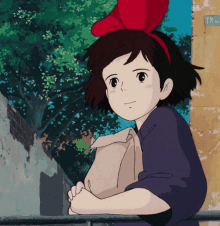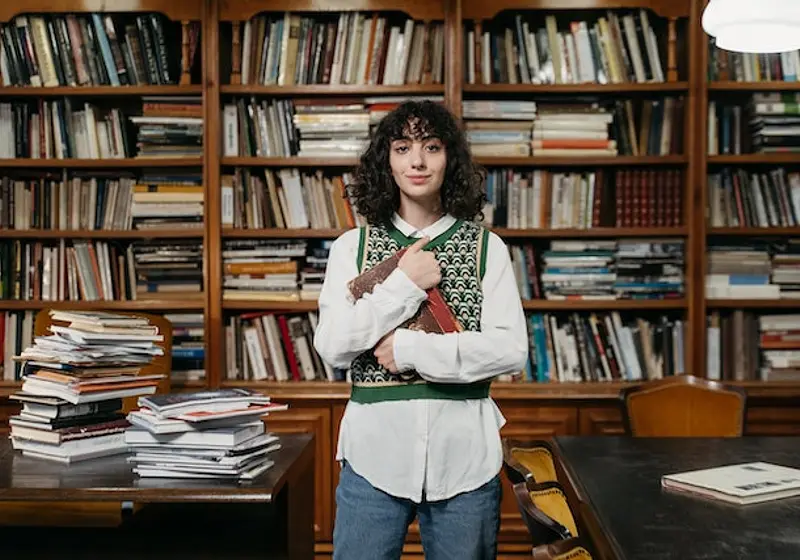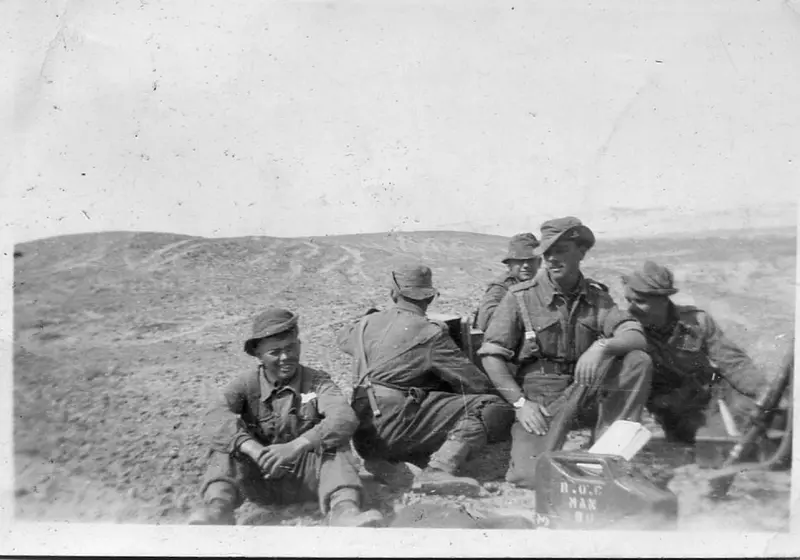When I think of a relaxing afternoon, I think of being a kid with a stack of books and tome all to myself. I loved family trips to the public library, but those spaces are disappearing.
Libraries were not always the huge spaces that we think of today. We think of libraries as public locations where studious individuals come to study in peace and quiet or a place where local communities gather to learn. Many people who use the library are moms with children or local school children who hang out reading on bean bags when classes are out, and it seems like there is always something going on to reach out to the community. But is this always what libraries have been like and is this even what they are like now?
Let us slide into your dms 🥰
Get notified of top trending articles like this one every week! (we won't spam you)The First Public Library
The answer to this is absolutely not. At first, libraries were not even available to the public. We forget, but prior to the Industrial Revolution, much of the population was uneducated.
They were then unable to read, and they simply did not have the ability to or the proper means to even spend money on purchasing books. Libraries were designated to service the elite educated class that had the leisure to snuggle up next to a fire and read The Odyssey. Who would have thought it would be a privilege to read The Odyssey? Few high schoolers students actually want to do this required reading, and most absolutely dread completing it.
It was thanks to Benjamin Franklin, in 1731, that anyone in America can walk into a building filled with books. The first Library Company of Philadelphia allowed the public to gain access to reading materials. This was a bold move because it blurred the line between classes of people.
Because of Franklin, many types of people were now able to read the classics and gain a never before accessed opportunity. It was like the modern movie theater or the mall, as the library would become a place of social gathering to escape from the realities of everyday life. The walls would be lined with books of every sort from fantasies to biographies to autobiographies even to novels in other languages.
The opportunities were limitless and books were a way to a world beyond their lived experiences, giving them access to ideas they never had before. Books were valuable because one could sit in a chair and enjoy turning the pages, not being at work, and talking to others about the idea. A book used at the library removes the boundary between people, giving them a shared experience and object, maybe even passing it along to your friend. The idea of walking into a room of books was thrilling.
When did the excitement of books die down and the excitement for other technologies rule over the people in ways that one could ever have imagined? The time is not certain, but one thing is for sure: the change resulted from the libraries themselves.
Take the Quiz: Which Indian city is the perfect holiday spot for you!?
Let's match you with an Indian city that you would love!
Libraries to Blame?
Computers and technology changed the libraries. By increasing technology, libraries are giving us the false perception that books are out of date, but really it is the opposite. Libraries will stay for years, but technology becomes out of date.
For example, a computer from 2000 is out of date, but a book published in the 1850s still holds its value (The Scarlet Letter!). By modernizing the library we are actually being pushed back. In twenty years, we will have to re-do all our technologically updated libraries, but books can sit on shelves for a hundred years and still be readable.
Twenty years ago, we had no idea what an Apple Watch was. But we knew what a book was a thousand years ago.
Libraries have been closing left and right as even in the United Kingdom based on a data report at the end of 2019, there were 3,583 libraries opened in the UK, which was 35 less than the previous year and over 773 less than in 2010, which was based on the Chartered Institute of Public Finance and Accountancy. The “old” libraries have simply become archaic and a wave of the past, so we need to think about how to make libraries work for our future--and not through technology.
The Beauty of Books
We should consider that books, as objects, have their own value. We can pick up a book and feel the texture of the pages or the way the leather cover feels against our hands. The smell of a book can remind us of when it was written, bringing us back to a past era.
That same book could have been read one hundred years before by Winston Churchill or even by a modern pop star like Cole Sprouse. That book will show its age, with the wearing of the pages, the yellowing of the corners where people flip the page, and the binding of the cover. Books allow us to travel through time and have a conversation with someone without even realizing that we are doing so. With an e-book or online copy, readers lose this ability and lose this seeming less connection with our history, forgetting about the beauty of what it means to learn.
The Future of Public libraries is up to you
How can we remodel libraries to offer this balance of knowledge, learning, and the turn of a new era with maintaining the central focus around books? The answer is easy: make everyone appreciate the beauty of books. We forget what it means to actually read and escape from our everyday life, getting absorbed in a book, with our faces buried, not looking up until we reach the end.
Before we forget about our emotions and humanity, we need to balance technology and books. Books are a form of technology because they are something that can reach literate people all around the world. Books foster discussion and a sense of community.
We can all read on our tablets at home, but we cannot look at an endless supply of books. We can’t search for a book on Google if we don’t know it exists. When we look at a spine with an interesting title, it can open a door of possibilities that would never have existed before. Yes, we can include new technology with a limitless supply of computers, but books need to fill the shelves, with a limitless supply of new ideas.
My childhood was filled with trips to the library, picking up a book with an interesting cover or a name that inspired me. Libraries have been this way for hundreds of years and even though our world is constantly changing, we need to give this opportunity to the children of the future. And who knows?
Maybe the next book someone picks up at a library will inspire them to investigate the next world-changing discovery. But first, we must demand our books come back.

















